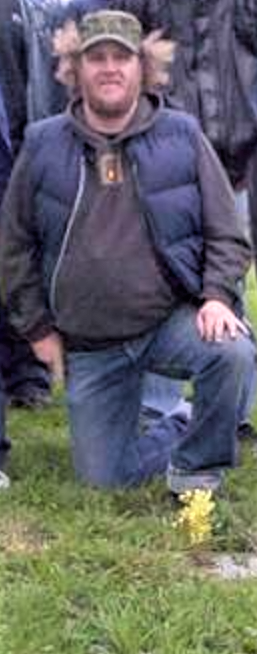
We owe a debt of gratitude to activists who over the years have written, recorded, created art and cultural work that exemplifies how, when, and where emancipatory knowledge happens and why this is always a matter of political activist milieus. Theory making is not the dominion of academics although that’s the assumption because academia is revered, funded and exalted. Students are taught to discern and trust the research produced in academic institutions given this writing is peer reviewed by “experts in the field.” We have overflowing library shelves of legitimated research and attached costs to read it; payment and passcodes for journal essays are the norm. Citation practices encourage displays of “knowing” that reproduce certain points of view, while others remain invisible. Academics spring out of university spaces with sharp theoretical tools, attitudes and crude research questions aimed at investigating the life of the poor, Mad, or disenfranchised and often with little understanding of the community work and historical context of which some of them feel so eligible to critique.
Individuals who have never aimed for, nor fit into this institutional sport have always had to find alternate means to express other “specifics.” Graeme Bacque who died in September of 2021 found the only recourse for resistance, refusal and empowerment was to turn to other forms of expression for his struggles and those who are in, or, at risk of institutionalisation and pernicious disadvantage. He was a poignant commentator of human rights, antipoverty and psychiatric survivor politics. He engaged with challenging topics[i]. He was kind and made time to attend your birthday party. His musical tastes were deliciously transgressive and political[ii]. For years, he questioned the corridors of elitism with remarkable resolve.[iii] His writing exposed that healthcare, psychiatry and other economic “negotiations” are never simply a matter of government mediations but are part and parcel of a linguistic and performative diversion continuously permitted to thrive while blocking the political will needed to make substantive change that would improve and save lives.
With his vibrant testimonial style, Graeme grounded us to a history of activism in the psychiatric survivor and Mad movement. He named the conditions and tensions in which people lived. He knew. He was at every protest, book launch, art installations and offered insight into “ordinary” people’s view of the system(s) that rarely empowered and mostly oppressed. He collected hundreds of precious photographs, wrote commentary on blogs, and social media posts. His witty rebuttals against hatred perpetuated by gnarly conservative columnists helped to shield us. He validated us time and again with his tenacious reminder that the emperor has no clothes. How bereft we feel in the absence of his posts, tweets, and writings now.
I re-visited his Human Rights Alerts from his homepage. Through the seasons of 1999 to 2002 he carefully composed a broadcast of events and perspectives on crucial legislative issues as well as activist revolt. He wrote about community treatment orders, prisoner justice day, police violence such as the killing of Edmond Yu and Otto Vass. He wrote about inquests such as that of Kimberley Rogers. He also shared heartening updates about such moments as the free university classes offered to those who couldn’t afford university courses and where “people could offer courses of their own design in order to freely share knowledge in a non-hierarchical setting.”[iv] These courses included sessions on psychiatric survivor/ex-patient history, sexism, women in psychiatry, racism, physical restraints and media bias to name just a few. These classes (which he no doubt also attended) sustained and made space for other ways of knowing.
Graeme was a political actor extraordinaire. His day to day life shaped the political actions he took and exemplified the meaning of, “the personal is political.” In similar ways to all other writings “from below,” he and other activists have used what’s at their disposal to produce knowledge that many take for granted. His field of work represents an important piece of the tapestry of Toronto activism and we should share it, cite it, and remember it.
~ Lucy Costa
[i] Bacque. G. (2007, March, 15). Religion, Politics and the Authoritarian Left. The OCAP Blog. Downloaded at: https://ocapblog.blogspot.com/search?q=bacque+
[ii] GrPunkCollective. Hellkrusher – The End / For Our Sins in Punks for Wildfire Victims. Downloaded at: https://bandcamp.com/graemebacque
[iii] Bacque, G. (2011- 2014). Psychic Bombast blog. Downloaded at: http://psychicbombast.blogspot.com/
[iv] Bacque, G. (1999-2002). Human Rights Alert. Home of a psychiatric survivor. Downloaded at: http://bacque.graeme.tripod.com/HRA/index.html
Remembering Graeme…
I’m sorry to learn of his passing
What a good and fitting tribute to Graeme, whom I knew as a dedicated, passionate, angry, compassionate, hardworking supporter of both Phoenix Rising Magazine and the Ontario Psychiatric Survivors’ Alliance.